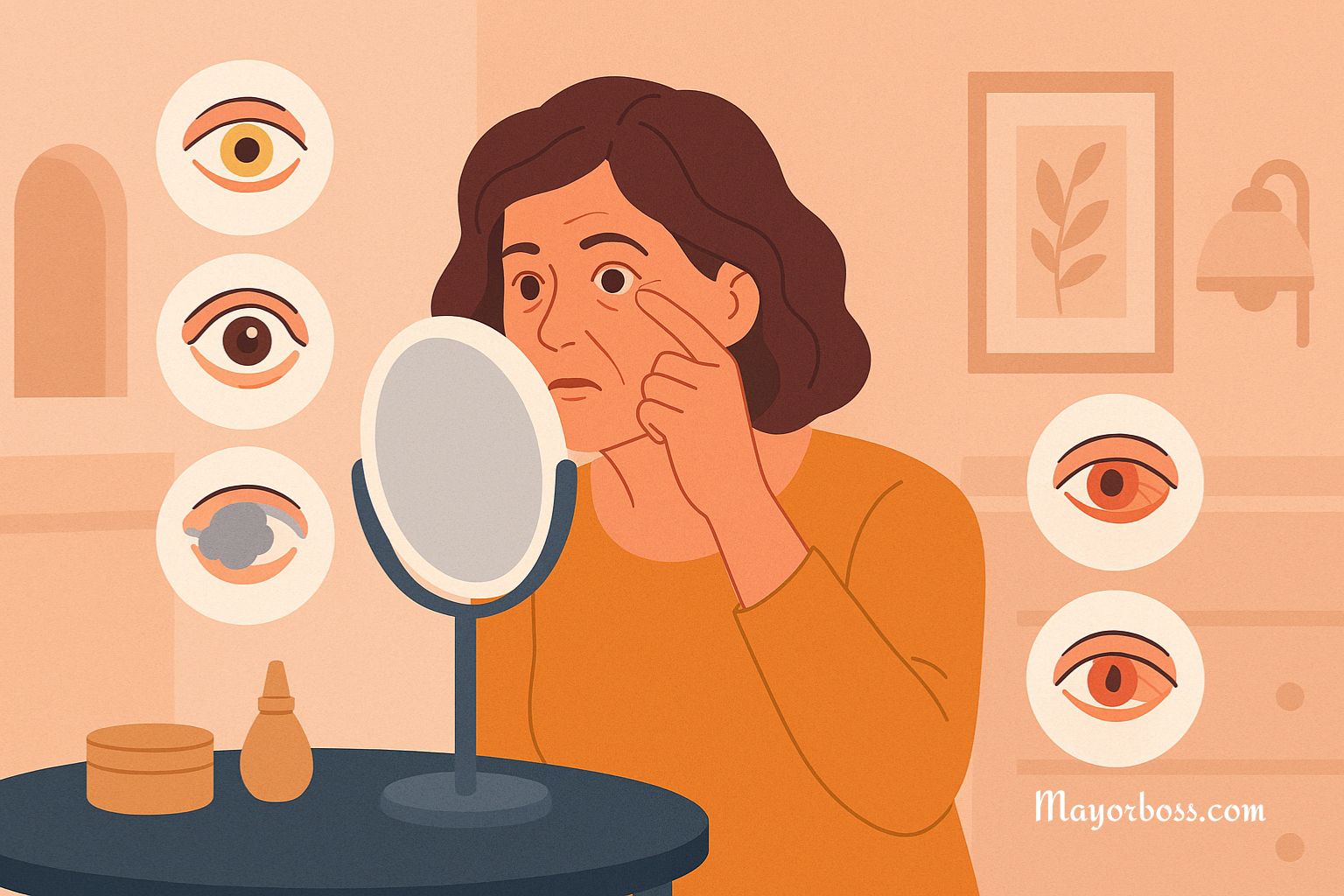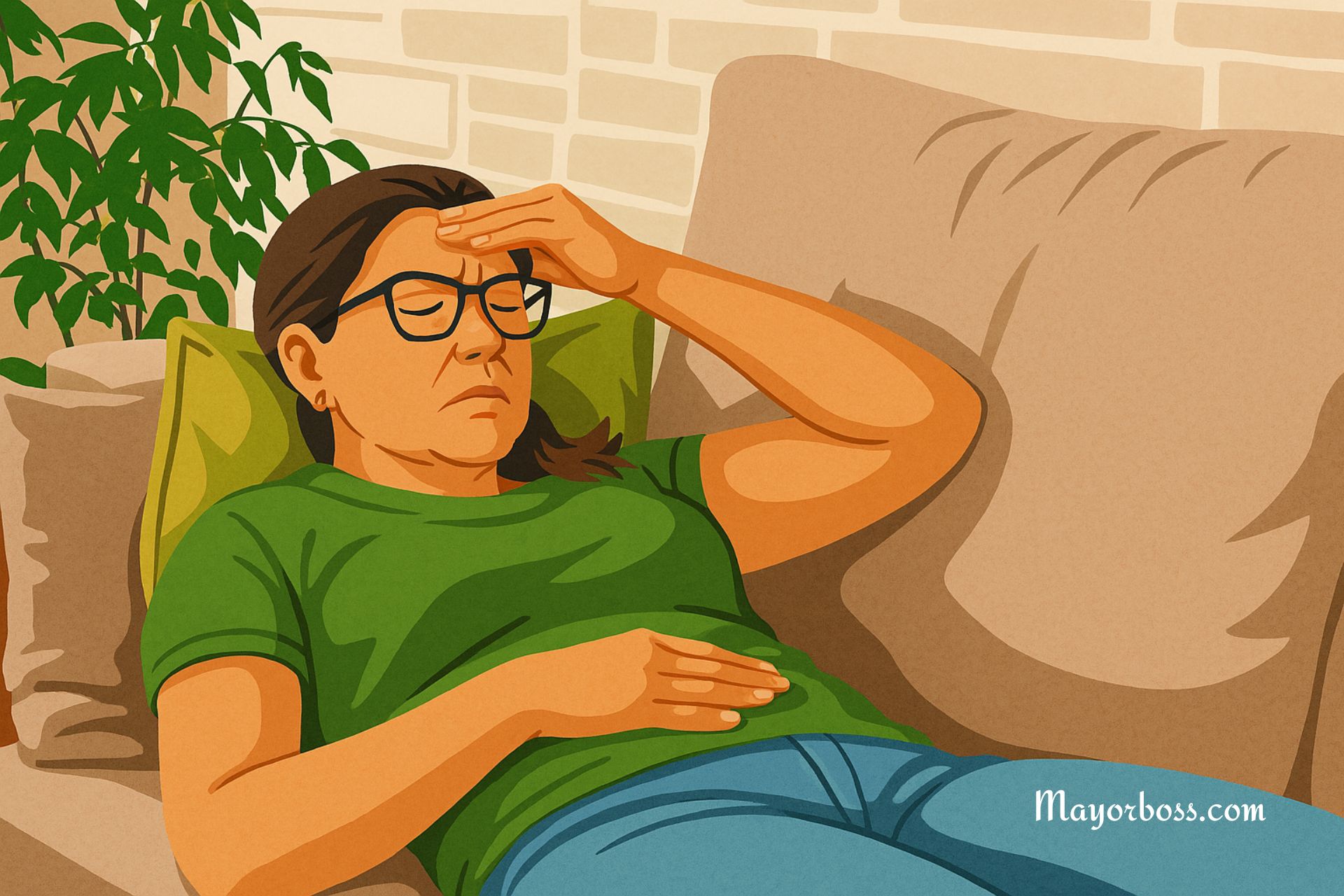How to Lower Your Heart Rate
What is Heart Rate?
Heart rate is the number of times your heart beats in one minute. You can often feel your heart rate by placing your fingers over the pulse in your wrist or the side of your neck. The usual resting heart rate for an adult tends to range between 60 and 100 beats per minute. However, factors such as age, activity level, emotions, and overall health can shift your resting heart rate to either end of that range.
An elevated heart rate, sometimes called tachycardia, can be normal during exercise or in times of excitement, but it may become troublesome if it remains high for extended periods. Suppose you find yourself frequently feeling that your heart is beating too quickly. In that case, it is best to investigate the cause and consider ways to bring it back to a comfortable pace. Consistently high heart rates can sometimes point to underlying issues, but for most people, it is often linked to daily challenges such as stress, smoking, or unhealthy habits.

Why is It Important to Lower Your Heart Rate?
Lowering your heart rate, especially the resting heart rate, can be beneficial in numerous ways:
- Improved Cardiovascular Health
A calmer heart requires less energy, and that means you put less strain on your blood vessels and heart muscle. This can help you feel more energetic and potentially reduce your chances of developing heart-related problems in the future. - Better Stress Control
Many of the methods that help reduce heart rate also reduce stress. By learning to relax your body and mind, you can achieve greater balance and peace. - Enhanced Physical Endurance
Athletes often train to lower their resting heart rates because it increases their endurance. A heart that pumps more efficiently can handle strenuous exercise with less effort. - Sharper Concentration
When your heart rate is too high, you might feel anxious, dizzy, or distracted. A calmer pulse can help you think more clearly and keep a level head in tense situations.
Common Reasons for a Fast Heart Rate
Here are a few common causes:
- Stress and Anxiety
Stress can prompt the release of hormones like adrenaline, which causes your heart to beat faster. Anxiety and worry often encourage a racing heart, especially during times of uncertainty. - Caffeine and Stimulants
Substances such as coffee, tea, soda, and soda pop with caffeine, as well as certain medications, can increase heart rate. If you drink many cups of coffee or energy drinks throughout the day, you may notice a quicker pulse. - Lack of Physical Activity
People who rarely exercise may experience a higher resting heart rate. Over time, inactivity can reduce cardiovascular efficiency, leading to a quicker resting pulse. - Dehydration
Without enough fluids, the heart must beat faster to maintain blood pressure and keep the body running smoothly. - Illness or Medical Conditions
Certain conditions, such as hyperthyroidism or an infection, can cause the heart rate to rise. Speak with your doctor if you find yourself with a persistently high pulse, especially if other symptoms appear.
Tips to Lower Your Heart Rate
Breathing Exercises
If you are ever feeling on edge, try a simple breathing exercise. This is one of the most straightforward ways to soothe your racing heart. Here is a simple technique:
- Find a comfortable spot to sit or lie down.
- Close your eyes and breathe in slowly through your nose, counting to four as you do so.
- Hold your breath for a moment.
- Exhale gently through your mouth, again counting to four.
- Repeat for about five to ten cycles.
Deep breathing floods your body with oxygen, which can slow your pulse and help you feel calmer overall. This simple practice can be done virtually anywhere—at home, at the office, or even in a quiet hallway at school.
Progressive Muscle Relaxation
Another helpful practice is called progressive muscle relaxation. It works by tensing and then relaxing muscle groups one at a time, starting at the toes and moving up toward the head. Here is how:
- Sit or lie down in a relaxed position.
- Tighten the muscles in your feet. Hold this tension for a few seconds, then release.
- Move on to your calves, thighs, abdomen, chest, arms, and so forth until you reach your head.
- As you release each group, imagine the tension flowing out of your muscles.
By doing this, you allow your body to switch off its “alert mode” and calm your heartbeat. You could even combine this exercise with slow breathing for extra soothing power.
Walking
A brisk walk can do wonders for your body. When you engage in regular walking, your heart learns to pump blood more efficiently, which can lower your resting heart rate. Plus, walking in the fresh air or around your neighborhood might help clear your mind.
Swimming
Swimming is a gentle yet effective way to get your heart pumping without putting excess strain on your joints. The buoyancy of water helps support your body weight, making it a splendid choice for those who have aches and pains in the knees or hips. Over time, consistent swimming can strengthen your heart and help stabilize your pulse.
Cycling
Pedaling a bicycle, whether stationary or out on the open road, is an excellent cardiovascular exercise. As your legs do most of the work, your heart works to deliver oxygen to those muscles. This helps train your heart to operate more effectively.
Light Aerobics
Light aerobic routines, such as low-impact dance classes or home exercises, can serve as enjoyable methods to get your heart rate up during workouts and lower it when you rest.
Note: Start gently. Overdoing it can cause injury and unnecessary stress. Gradually raise your activity level and let your body adjust at a comfortable rate. Over time, you may find your resting heart rate has improved, making you feel more energetic in your daily tasks.
Healthy Eating Habits
Proper nutrition plays a key role in maintaining an ideal heart rate. Certain foods help reduce inflammation and keep blood vessels flexible, which can stabilize your pulse. Here are some suggestions:
- Fruits and Vegetables
Produce rich in vitamins, minerals, and antioxidants can keep your heart in top shape. Think berries, leafy greens, carrots, apples, and citrus fruits. Filling your plate with colors means you are getting a variety of nutrients to assist heart health. - Whole Grains
Foods such as oatmeal, brown rice, and whole-wheat bread contain fiber, which supports healthy cholesterol levels and prevents spikes in blood pressure. Over time, good cholesterol and stable blood pressure can help keep heart rate within the ideal range. - Lean Proteins
Chicken, turkey, fish, and beans offer protein without the extra saturated fats often found in red meat. Reducing saturated fats can help you avoid blockages in your arteries and keep your heart from working overtime. - Healthy Fats
Not all fats are harmful. Foods containing unsaturated fats, like avocados, olive oil, and nuts, can help support your heart. They may reduce inflammation and allow your blood vessels to remain elastic, supporting a normal heart rate. - Sodium Moderation
Too much salt can raise blood pressure, which may make your heart beat faster. Keep an eye on sodium intake by tasting food before salting it and using fresh herbs or spices for added flavor.
Eating well does not mean giving up tasty treats. Instead, consider healthier swaps when possible. You might surprise yourself with how delicious it can be to cut back on salt, sugar, or trans fats while still enjoying full and satisfying meals.
Cutting Back on Stimulants
Stimulants, such as caffeine and nicotine, can push your heart into working harder than it needs to. If you are looking to lower your heart rate, it may help to do the following:
- Reduce Caffeine
Try limiting coffee, tea, chocolate, and energy drinks. If you still crave a morning pick-me-up, switch to decaffeinated varieties or herbal teas. Keep in mind that even decaf coffee can contain small amounts of caffeine, so watch your daily intake. - Avoid Nicotine
Cigarettes, e-cigarettes, and other tobacco products cause blood vessels to narrow and force the heart to work harder. By reducing or quitting these products, you give your heart a chance to operate more naturally, with no extra push from stimulants. - Monitor Over-the-Counter Medications
Some cold or allergy medicines can raise heart rate due to their stimulating ingredients. Always read labels, and if you have concerns, speak with a healthcare professional before choosing a medication.
Reducing these substances, especially if you have grown used to them, can feel challenging at first. However, patience is key. Gradual changes in your routines will pay off as your heart begins to settle into a calmer rhythm.
Managing Stress Effectively
While stress is a normal part of life, excessive or poorly managed stress can cause your heart to flutter more than usual. Here are some ideas for coping with stress:
Keeping a Journal
Writing your thoughts in a journal can help ease negative emotions. Setting aside a few minutes each day to reflect can help you untangle worries and anxieties. Over time, you may notice a more restful heart rate when encountering once-stressful scenarios.
Setting Boundaries
It is easy to get swamped by too many activities or the demands of work and home. Learn to say “no” when you already have a full schedule. This keeps you from overloading your mind and heart with needless tension.
Engaging in Leisure Activities
Indulge in a hobby or pastime you truly enjoy—perhaps painting, woodworking, or reading stories. Spending time doing something that sparks your imagination can assist your mind in letting go of daily pressures, thus calming your heart.
Social Support
Speaking with a trusted friend, family member, or counselor can soothe worries that might otherwise stay bottled up inside. Social connections remind us that we are not alone in our concerns. Strong bonds often bring a sense of security that helps keep heart rate under control.
Hydration and Balanced Electrolytes
Water is essential for nearly every function in the body, including maintaining a healthy heart rate. If you become dehydrated, your blood volume decreases, which forces your heart to work harder. Try to sip water regularly throughout the day, especially if you are active or living in a warm climate.
Electrolytes—like sodium, potassium, calcium, and magnesium—also play a part in muscle and heart function. An imbalance can result in abnormal heart rhythms. Vegetables, fruits, nuts, seeds, and dairy products are often good sources of these minerals. If you suspect an imbalance, consult a healthcare professional, as they can recommend safe ways to restore proper levels.
Quality Sleep
You may find it surprising that sleep can have such an influence on your heart rate. But sleep provides the body with time to repair and regulate itself. Ideally, aim for about seven to nine hours of sleep each night (though this can vary by age group).
- Consistent Bedtime
Going to bed and waking up at the same time each day can help set your internal clock. This regular schedule makes it easier to drift into restful sleep. - Comfortable Environment
Keep your sleeping area cool, quiet, and dimly lit. Make sure your mattress and pillows are comfortable so that your body can fully relax. - Wind-Down Routine
Create a routine before bed—like reading, gentle stretching, or listening to soft music—to let your mind know it is time for rest.
When to Seek Medical Attention
While the methods described above are typically helpful and safe for most folks, certain cases call for extra care. Keep an eye out for:
- Persistent Heart Palpitations
If your heart continues to beat rapidly for no clear reason or you feel irregular pounding in your chest, you may need a professional evaluation. - Chest Pain
Chest pain is never something to dismiss. If you experience chest pressure or discomfort alongside a fast heart rate, it is important to contact a healthcare provider. - Breathing Difficulties
Sometimes, a rapid heart rate can appear with shortness of breath, dizziness, or fainting. Such symptoms warrant a careful check-up. - Underlying Medical Conditions
If you already have heart disease, lung disease, or other medical issues, sudden changes in your pulse might be significant. Keep your doctor informed and follow their advice.
The Bottom Line
Lowering your heart rate is not just a quick fix—rather, it is an ongoing journey toward living well. You can begin by identifying those factors that might be speeding up your pulse, such as too much caffeine or sleepless nights, and then slowly adopting new habits like steady exercise, a balanced diet, and daily relaxation.
There is no need to tackle everything at once. Sometimes, small changes built over many weeks can lead to lasting improvements. Perhaps you will start by adding a quick walk to your daily schedule, then move on to limiting caffeinated beverages, and later explore deep breathing exercises. With each positive change, you give your heart the support it needs to stay strong and efficient.






